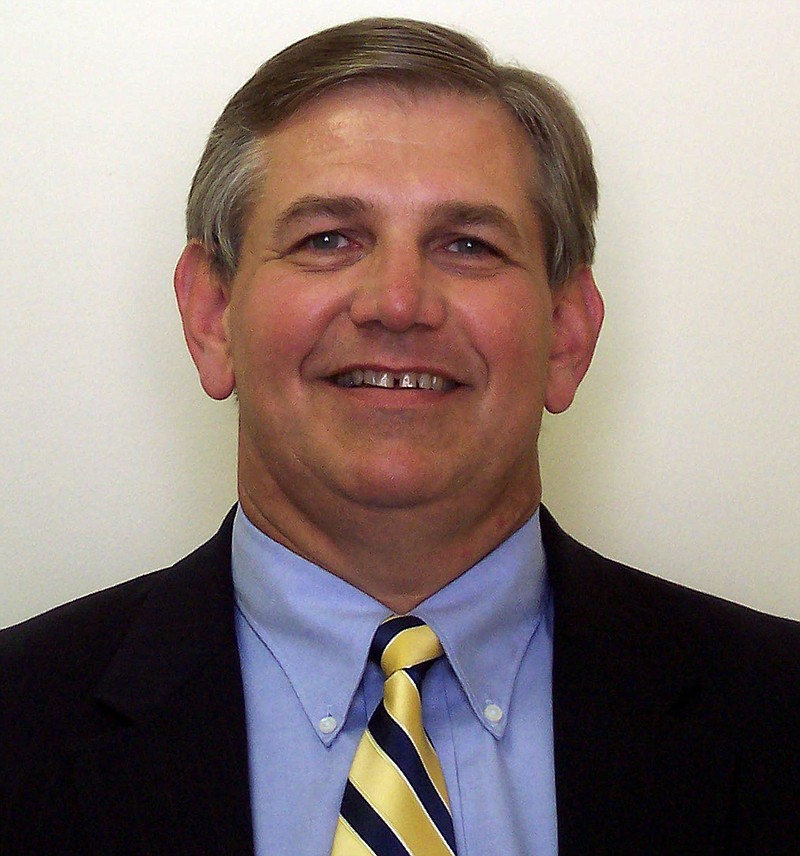Mercifully, the seemingly interminable 2016 election is behind us, and presumably we now know the name of the next Leader of the Free World. So before the imminent commencement of the 2020 campaign, perhaps we should pause to inquire as to how we managed to demand so little from the candidates regarding their solutions to the important challenges facing our country. In the aftermath of the most puerile and jejune election campaign in memory, nary an echo remains of any serious discussion of the most critical financial issues confronting us and the next generation.
Debt and deficits. Time was, politicians debated the optimal path to a balanced budget. This election season, practically no attention has been paid to the alarmingly rapid increase in the staggering amount owed by Uncle Sam. With the total federal debt approaching a whopping $20 trillion and annual budget deficits set to increase each year into the foreseeable future, a devastating tipping point lies ahead, probably within a generation. Yet, it appears that voters have all but given up on any notion of containing the runaway expansion of government judging by our unwillingness to demand serious discussion from the candidates. Neither did we demand a candid assessment of the worsening entitlement crisis or of a responsible means to address it before it grows unsustainably large.
Economic growth. America is a mature industrial democracy that is adjusting to inevitably slower growth rates. And while we are surely overtaxed and over-regulated, the fundamental impediment to faster growth is slowing population growth. GDP depends primarily upon workers earning and spending paychecks. Yet our population is aging, and workforce participation is understandably ebbing as a result. Meanwhile, the rest of the world is brimming with smart, productive workers eager to come to the United States and help alleviate the decline in our working population. But an antiquated and inefficient immigration system prohibits smart assimilation of would-be Americans, capping our growth potential and benefitting our economic competitors. 2016 would have been the perfect occasion for a serious discussion of immigration reform, but we let the candidates off the hook.
Trade. On this issue, perhaps more than any other, we allowed the contenders to pander to the lowest common denominator rather than engage in a constructive dialogue. The anti-trade stance embraced by each candidate was almost willfully uninformed. Free commercial exchange among trading partners has been one of the most powerful forces for good in the history of mankind and has lifted more human beings out of poverty than all the government programs in the world. Yet instead of insisting upon a reasoned discussion of how to help affected workers make the necessary adjustments to the impact of trade, we allowed the politicians to sidestep by playing to voters' fears instead of inspiring their hopes.
In the end, we get the government we deserve. It is our own fault that we allowed the selection of the President of the United States to devolve into a tawdry reality show. But it is not too late. Now we must stand together to demand that our new President and our newly elected representatives come together to govern. Pass a budget. Adopt appropriations bills to set agreeable spending limits. Return to regular order, and start cooperating on the serious economic challenges confronting us before they erupt into crises.
This is how our democracy was intended to function, and although the process has been broken of late, it can be restored if we the voters will insist upon it. The circus has departed; now we must all get back to work.
Christopher A. Hopkins is a vice president and portfolio manager for Barnett & Co. in Chattanooga.

